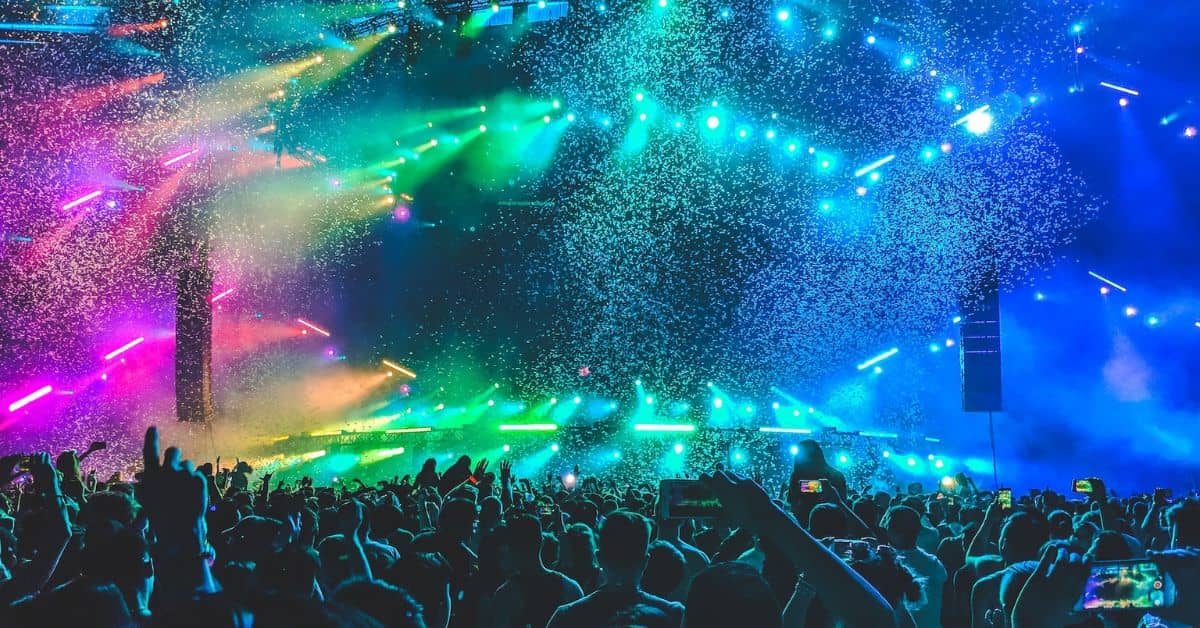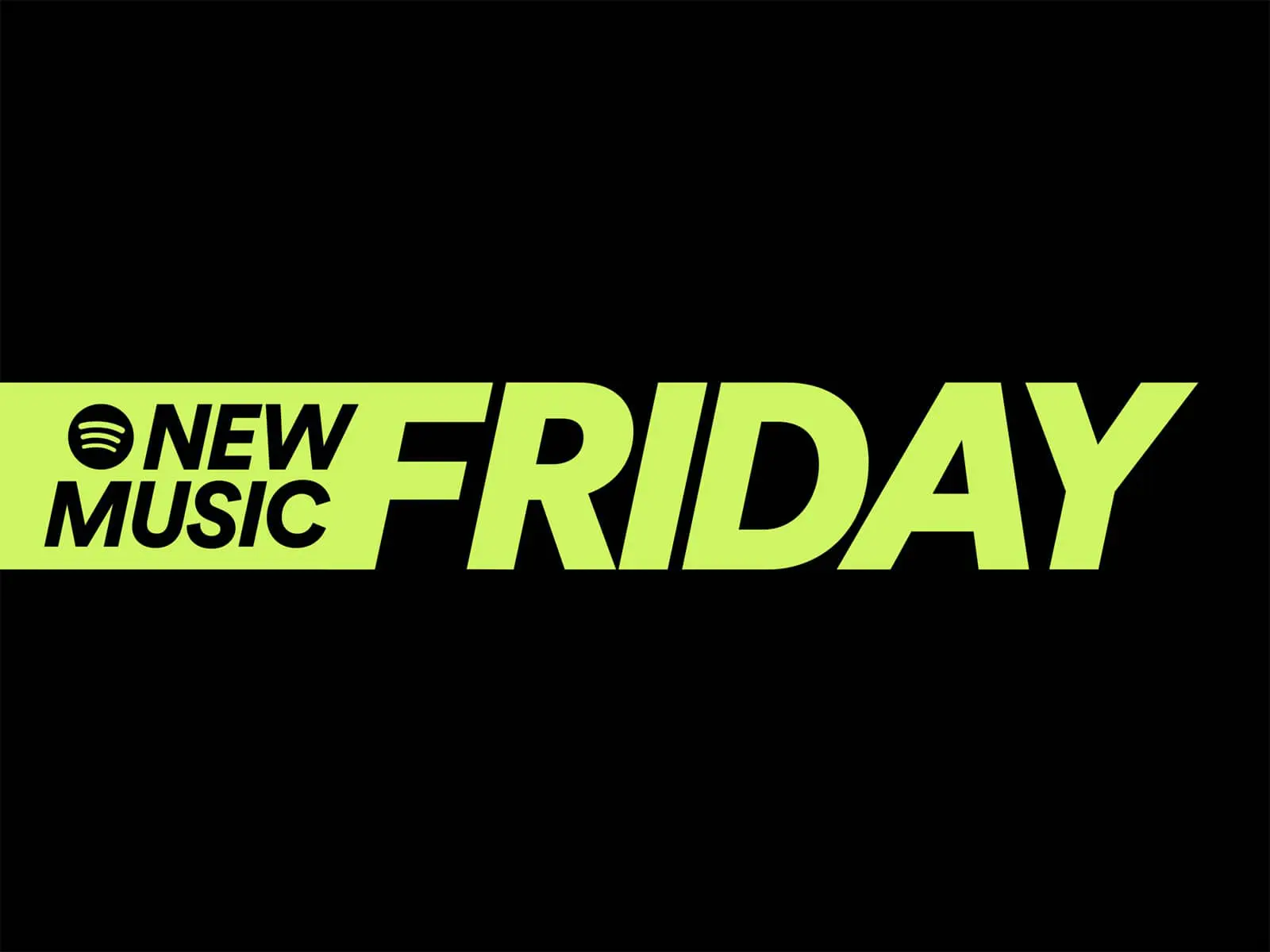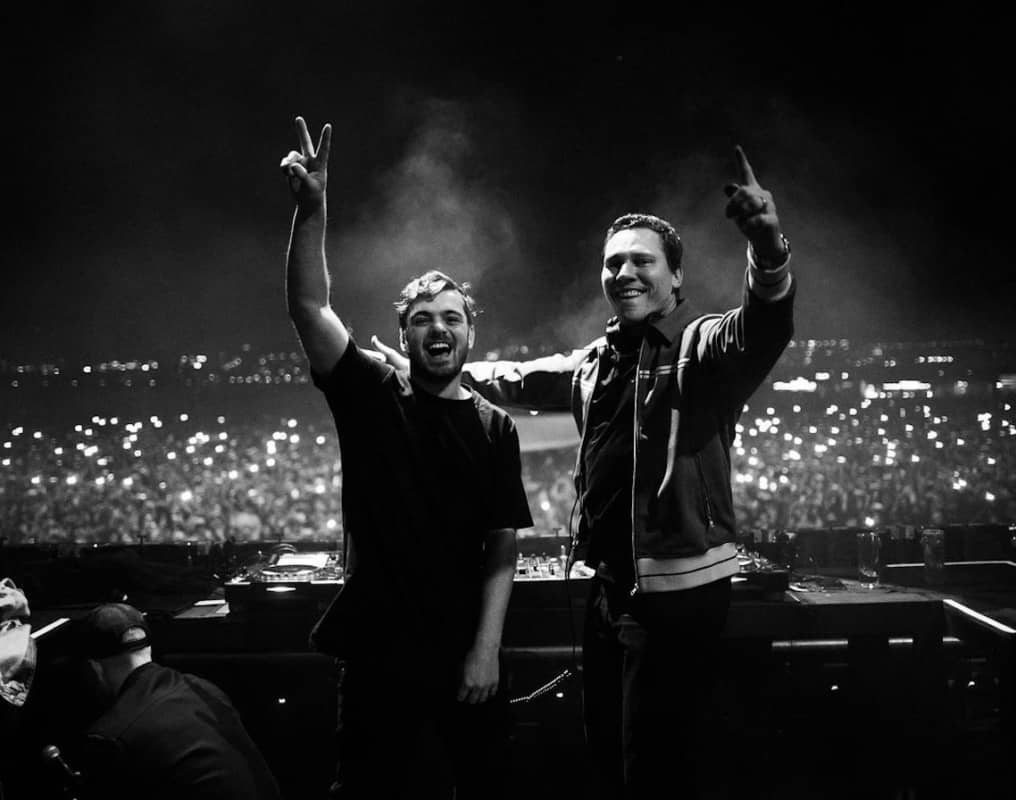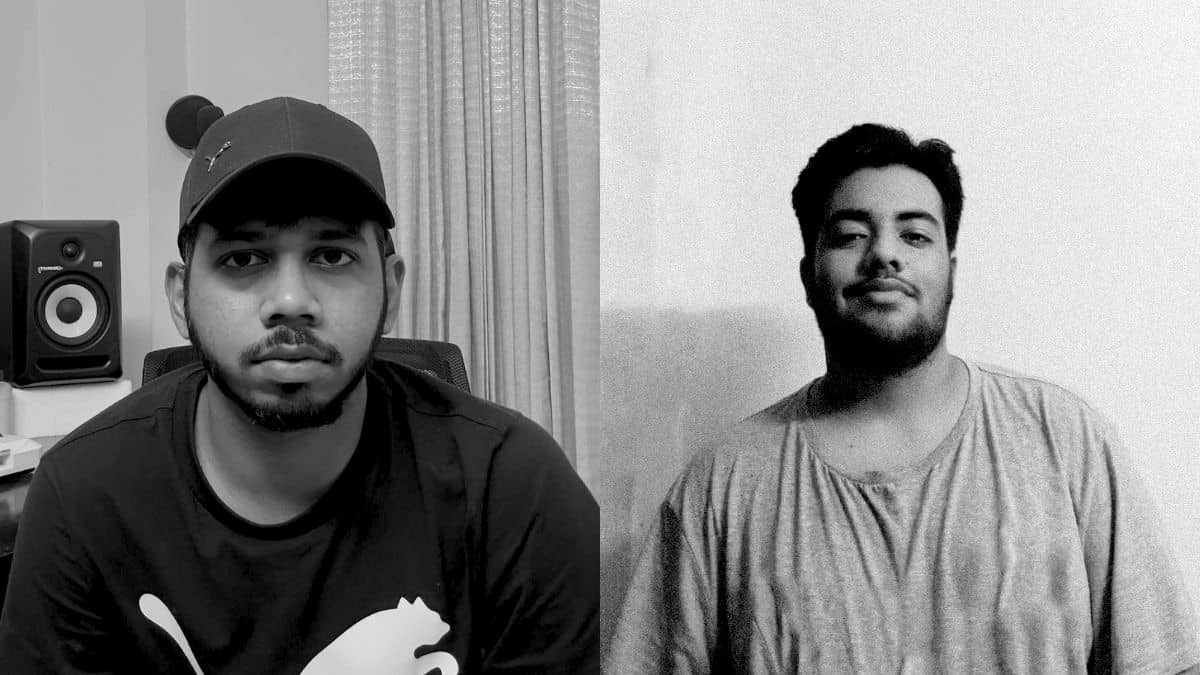In the dynamic realm of music, one genre has taken the world by storm, captivating hearts and dominating dance floors – Electronic Dance Music (EDM). In this comprehensive exploration, we delve into the origins, evolution, and cultural impact of EDM, aiming to provide an in-depth understanding of this electrifying musical phenomenon.
What is EDM?
EDM stands for Electronic Dance Music, a broad term encompassing genres like house, techno, trance, and dubstep. Born from club scenes in the 80s, EDM emphasizes electronic instruments and pulsating rhythms designed to get bodies moving. From soaring vocals to gritty bass drops, EDM’s diverse sounds cater to different moods and preferences, creating a vibrant musical tapestry.
Beyond the music, EDM often carries a spirit of community and inclusivity, celebrating unity and self-expression on the dance floor. Whether you’re a seasoned raver or just dipping your toes in, EDM offers an energetic escape and a chance to connect with something bigger than yourself through the power of rhythm and shared experience.
The Genesis of EDM
Early Pioneers
The roots of EDM trace back to the vibrant underground scenes of the late 20th century. Kraftwerk, a German electronic band, is often credited as one of the pioneers, shaping the landscape with their avant-garde sounds in the 1970s. Simultaneously, artists like Giorgio Moroder and Donna Summer were experimenting with synthesizers, laying the groundwork for the electronic beats that would define EDM.
Rise of Raves
The 1980s witnessed the emergence of raves, high-energy dance parties characterized by electronic beats and a euphoric atmosphere. Iconic venues like the Hacienda in Manchester and the Paradise Garage in New York City became crucibles for the evolution of EDM. DJs such as Larry Levan and Frankie Knuckles became legends, influencing the sound and culture of EDM.
The Evolutionary Phases
Techno, Trance, and House
As the 1990s unfolded, EDM began branching into distinct sub-genres. Techno emerged from Detroit, characterized by its futuristic and industrial sounds. Trance, with its melodic and hypnotic beats, gained popularity in European club scenes. Meanwhile, House music found its groove in Chicago, bringing soulful rhythms to the forefront.
The Global Phenomenon
The turn of the century marked EDM’s global ascendancy. Festivals like Tomorrowland and Ultra Music Festival became epicenters for EDM enthusiasts worldwide. Producers like Tiësto, David Guetta, and Avicii propelled EDM into mainstream consciousness, with chart-topping hits that transcended borders.
Cultural Impact
Shaping Music and Beyond
EDM’s impact extends far beyond the realm of music. Its pulsating beats have influenced contemporary pop, hip-hop, and even rock music. The genre’s ethos of unity and inclusivity has fostered a global community, breaking down cultural barriers and connecting people through a shared love for electronic beats.
Technology and Innovation
EDM has been at the forefront of technological innovation in music production. The use of synthesizers, drum machines, and digital audio workstations has become synonymous with the genre. Producers constantly push the boundaries, creating sounds that redefine the auditory experience for listeners.
EDM Today: A Global Phenomenon
Diverse Sub-genres
In the present day, EDM continues to evolve with artists exploring diverse sub-genres. Dubstep, Trap, and Future Bass have carved their niches, appealing to a wide spectrum of listeners. The genre’s ability to adapt and incorporate new elements ensures its enduring relevance in the ever-changing landscape of music.
Massive Festivals and Events
EDM festivals have transformed into colossal spectacles, attracting millions of enthusiasts globally. Events like Electric Daisy Carnival (EDC) and Ultra Music Festival draw massive crowds, creating immersive experiences that transcend mere musical performances.
Conclusion
In conclusion, Electronic Dance Music (EDM) stands as a testament to the transformative power of music. From its humble beginnings in underground scenes to its current status as a global phenomenon, EDM has shaped the way we experience and appreciate sound. As we navigate the intricate history and evolution of EDM, it becomes evident that this genre is not merely a musical style; it’s a cultural movement that continues to inspire and unite people across the world.












Leave a comment